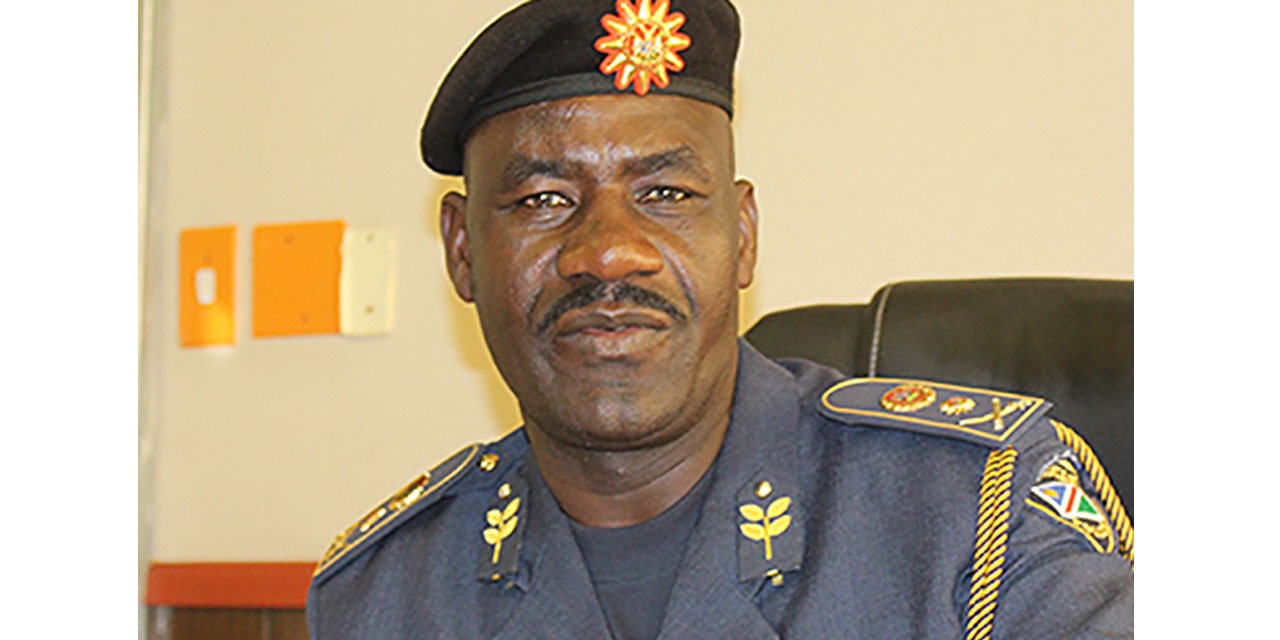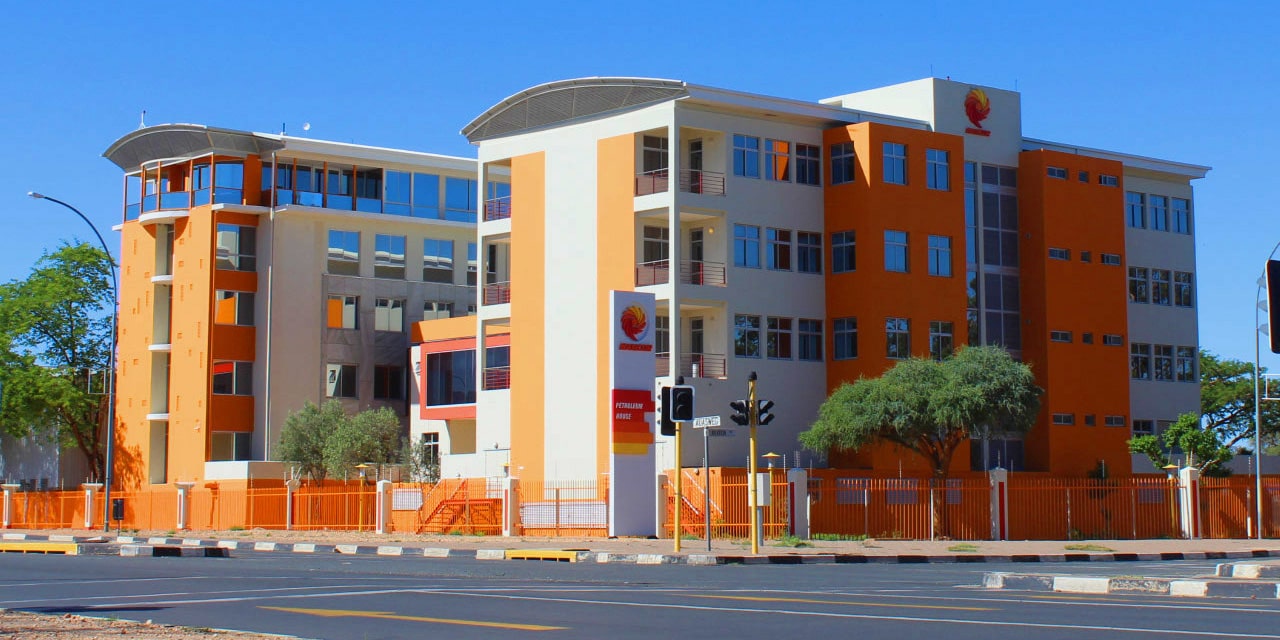Martin Endjala
The Inspector General of the Namibian Police, Lieutenant General Joseph Shikongo, called on the Southern African Development Community (SADC) to forge strong alliances to combat Transnational Organised Crime in the region.
He cautioned that organised crime syndicates have gone global and are now spawning their criminal activities across various nations, thereby collapsing borders in the process.
Shikongo said this at the official opening of the National Stakeholders Consultative Meeting to Support the Development of Namibia’s Strategy on Combating Transnational Organised Crime (TOC) in Windhoek yesterday.
The meeting aims to operationalise the implementation of the SADC Integrated Strategy and Action Plan.
He stated that the situation is further compounded by the fact that these organised crime syndicates have also digitalised their criminal activities and that it now only takes a click for them to use cyberspace to commit crimes thousands of miles away from their victims.
Law enforcement agencies, on the other hand, are forced to work in an environment with countless layers of restrictions, as they are compelled to work within their respective national jurisdictions.
Consequently, criminal syndicates take advantage of this to outmanoeuvre the law enforcement agencies.
Hence the meeting symbolises concerted efforts to enhance regional frameworks and efforts to prevent and combat transnational organised crime for the entire SADC region.
Shikongo pointed out that Transnational Organised Crime poses a great threat to the region’s concerted efforts to foster peace and security.
It is for that reason that a decision was made during the Ministerial Committee of the Organs (MCO) at its meeting in July 2023, in Windhoek, which urged Member State to operationalise the implementation of the SADC Integrated Strategy and Action Plan through developing national strategies and action plans.
This resonates with the Regional Strategy that urgently needs the establishment and operationalization of the National Organised Crime Task Force in collaboration with the designated focal point persons.
“We need to forge unity and have meaningful discussions during our proceedings, to fight Transnational Organised Crime.
As a region, we have comprehensive strategic instruments, to prevent and combat Transnational Organised Crime in fostering unity of purpose to intensify the operationalisation and implementation of these instruments,” emphasised Shikongo.
He urged the National Crime Task Force, to exercise skills gained during this National Consultative Meeting and provide an implementation report, in line with established templates, provided by the Strategy.
Meanwhile, over the past decades, the region is reported to have witnessed a significant increase in organised crimes, which has expanded opportunities for highly organised and rapacious criminal networks.
Crimes such as drug trafficking, wildlife crime, human trafficking, vehicle hijacking and trafficking, illegal firearms trade, corruption, money laundering, trafficking in counterfeits and contrabands of various types of cigarettes, clothing, pharmaceuticals and cybercrime, among others, continue to be major obstacles to regional stability.
To worsen the situation, the web through which global criminality flows and organised crime operates is neither monolithic nor homogenous but complex and multi-dimensional, with several actors serving as key facilitators and enablers.
Furthermore, the widespread availability of technology, ease of travel, poverty, youth unemployment, corruption, porous borders and globalisation all contribute to the easiness with which crime can be committed across regional and international borders.
Despite several measures adopted by SADC since the 1990s to tackle these crimes, the region remains host to numerous criminal markets, which attract both local and international criminal groups.
It is against this background the strategy aims to revive and operationalise a concerted regional framework to prevent and combat transnational, serious and organised crimes to mitigate their impacts on the population and the economy of the region.




